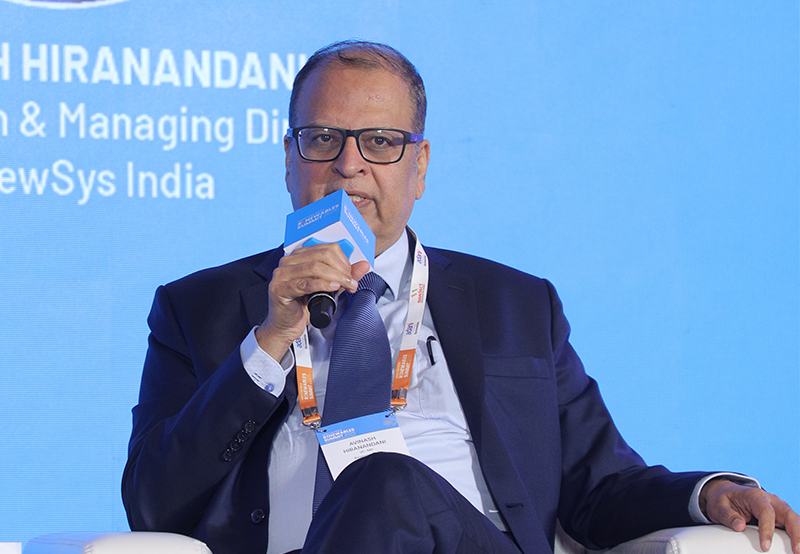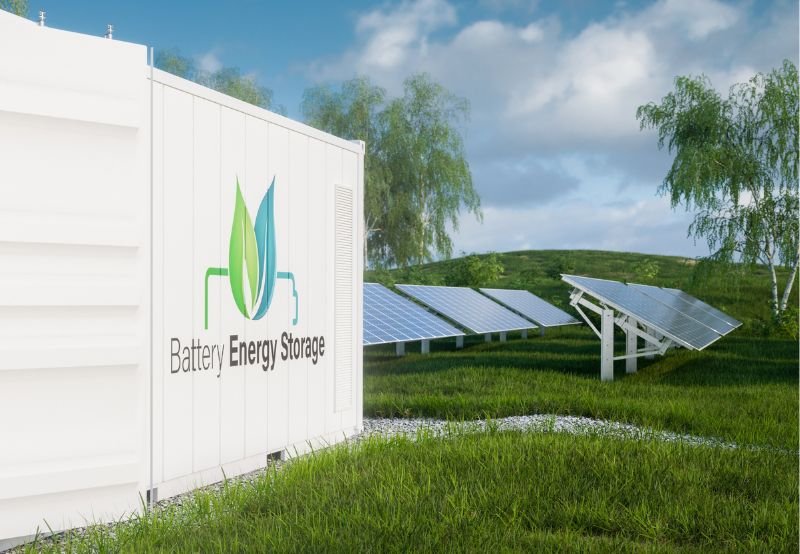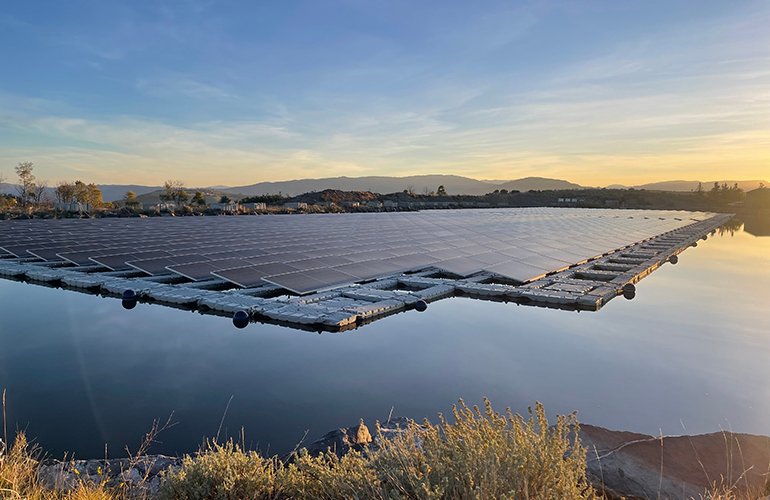India’s Solar Cell Demand Can Meet Deadlines with Strategic Flexibility
At a recent industry event, Avinash Hiranandani, Vice Chairman and Managing Director at RenewSys, shared key insights about India’s solar manufacturing boom. The revelation? While timing matters, smart operational adjustments can ensure demand fulfillment despite shifting timelines. Here’s what stakeholders need to know.
The Strategic Timing Advantage
With India’s ambitious renewable targets, solar projects frequently confront tight schedules. Hiranandani emphasizes that slight timeline adaptations—without compromising quality—can resolve supply chain bottlenecks. “It’s about optimizing production workflows and logistics networks,” he clarified.
Practical Benefits for Installers
Component delays often stall projects. Extending deadlines by 10-15 days could prevent cascading setbacks while maintaining quality—akin to precise baking where extra minutes perfect the outcome.
Bridging Manufacturing and Deployment Timelines
Solar cell production involves multi-stage processes from polysilicon purification to module assembly. “Recent domestic capacity expansions have transformed 60-day delays into 10-day recoveries,” noted Hiranandani, referencing India’s growing execution-driven solar ecosystem.
The Storage Solution
Integrating battery storage—like systems from the Sungrow advanced home battery range—can buffer grid synchronization lags, providing critical flexibility during installation phases.
Policy Reinforcements
Net metering reforms and state incentives, such as Gujarat’s revised tariff structures, now prioritize sustainable project timelines over rushed completions—aligning with Hiranandani’s philosophy.
Cost vs. Quality Considerations
While extended deadlines may marginally increase budgets, they prevent costly long-term issues like micro-cracks or inverter mismatches that haunt hastily installed systems.
Sustainable Growth Momentum
India’s solar transition isn’t a sprint but a marathon requiring adaptable pacing. As Hiranandani concluded: “Meeting targets demands not just speed, but resilient, scalable momentum.”






